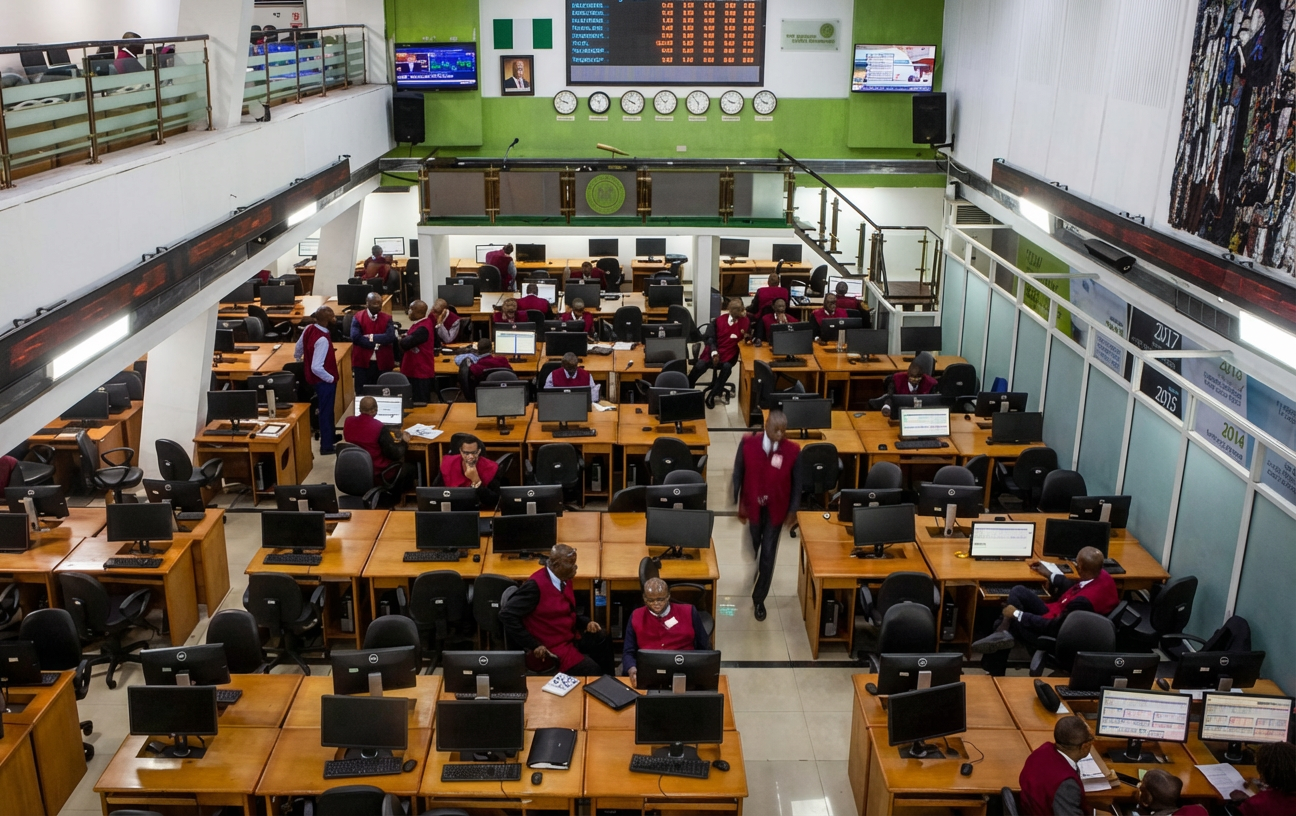Nigeria’s long-standing ambition to establish a national shipping fleet may have faltered due to a lack of guaranteed cargo, weak inter-agency coordination and internal politics, the National President of the Chartered Institute of Logistics and Transport (CILT) Nigeria, Mfon Usoro, has revealed.
Delivering a keynote address titled ‘Bridging Policy Gaps and Advancing Maritime Competitiveness: A Roadmap for Nigeria’s Future’ at the BusinessDay Maritime Conference in Lagos, Usoro recalled how a plan initiated under former Minister of Transportation, Rotimi Amaechi, attracted strong local and foreign investor interest, only to fail later.
She lamented that no Nigerian-owned vessel participated in the N38.3 billion total merchandise trade in the first quarter of 2025, as captured by the National Bureau of Statistics data. Usoro added that the Nigerian Ports Authority figures for 2021 recorded 4,100 ship calls to the country’s port, with none flying the national flag.
To close the freight gap, Usoro recalled that Amaechi set up a committee, comprising the Nigerian Shippers’ Council and private investors, to launch a national fleet.
Usoro, a member of the committee, said Nigerian entrepreneurs offered to take 60 per cent equity while Singapore’s Pacific International Lines pledged the remaining 40 per cent, but demanded proof of assured cargo before committing.
She said Nigeria’s Shipping Policy Act anticipated such concerns, granting national carriers exclusive rights to government cargo and 50 per cent of dry and liquid bulk shipments.
However, Usoro explained that the Ministry of Marine and Blue Economy and the Nigerian Maritime Administration and Safety Agency (NIMASA) lack the authority to generate or allocate cargo, which originates from finance, petroleum, agriculture and mining sectors.
She said proposals for an inter-ministerial committee to coordinate these agencies met resistance from ministry officials wary of losing influence, effectively killing the project.
Usoro urged the Federal Government to revive the plan through a whole-of-government strategy involving key economic ministries to align policies, budgets and incentives.
She also proposed creating a Business and Commercial Department within the Marine and Blue Economy Ministry to support entrepreneurs and enforce cargo guarantees necessary to make a national fleet commercially viable.
Managing Director/Chief Executive Officer, NLNG Shipping & Marine Services Limited, Abdul-Kadir Ahmed, called for deliberate and actionable policies to strengthen the country’s competitiveness in the global maritime industry.
He stressed that the country has the resources and capacity to become a major player if stakeholders work together to adopt global standards and develop local skills.
Ahmed also underscored competency development and adherence to international standards as critical to driving Nigeria’s maritime growth.
Partner/Head, Maritime Practice, Olaniwun Ajayi, Dr. Echefu Ukattah, said Nigeria must pair its growing maritime investments with long-term
planning, strong community engagement and flexible policies to ensure sustainable growth.
Ukattah argued that unlocking the full potential of the maritime industry requires foresight and careful management of public-private partnerships (PPPs).
Ukattah cautioned against overpromising or locking Nigeria into rigid agreements that may not adapt to changes in blue economy objectives or global sustainability goals.






